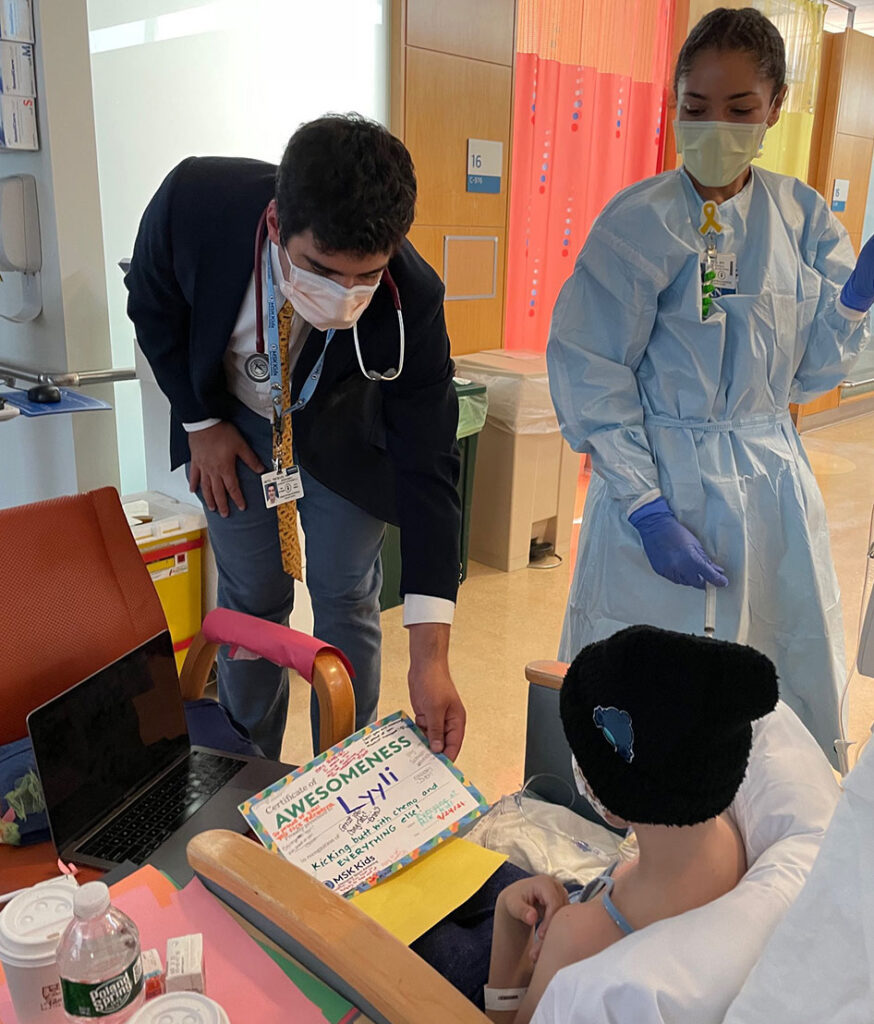Approximately 25% of all cancers diagnosed annually are rare cancers

Why is it called rare cancer when it’s not rare?
Over 200,000 patients are diagnosed with a rare cancer each year in the U.S. alone and these patients have little hope of a positive outcome. The British Journal of Cancer article “Rare Cancers: the greatest inequality in cancer research and oncology treatment” emphasizes there is a strong need in the area of rare cancers to start collecting meaningful genomics information to inform better science in the future for therapeutic interventions.

A rare cancer diagnosis is most often a death sentence.
Jed Taxel died 6 months after his initial diagnosis. The 5-year survival rate for rare cancer patients like Jed is much lower than for patients diagnosed with common cancers, and results in a disproportionate number of all cancer deaths.
Rare cancer patients have little to no treatment options.
The diagnosis and treatment of rare cancers is challenging and oncologists who manage these patients find it difficult to access bona fide experts with meaningful treatment input. A major roadblock in identifying, developing, and evaluating therapies including precision medicine and immunotherapies for rare cancer is that only limited samples are available.
Rare cancer research is critically underfunded.
When looking at overall National Cancer Institute (NCI) funding allocations in cancer research, a comparison of spending on cancer research reveals discrepancies in the distribution of research funding, which is primarily focused on “common cancer” forms and fails to sufficiently fund rare cancer research.
More investment in rare cancer research is the only solution.
That is the mission of the Jedi Rare Cancer Foundation. Innovative science is the only way rare cancer detection and treatment will improve. The foundation’s philanthropy is laser focused to advocate for and empower investigators, physicians, and cancer research institutions’ rare cancer efforts.
Together, we can defeat rare cancer.
By fueling breakthroughs in rare cancer, the Jedi community continues to save lives around the world. Your generous donations support crucial rare cancer research and collaboration resulting in scientific breakthroughs, innovative clinical trials and improved treatments that change lives and enable better outcomes for rare cancer patients and their families.

